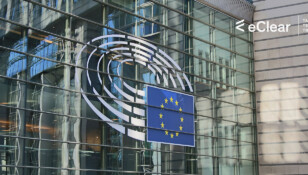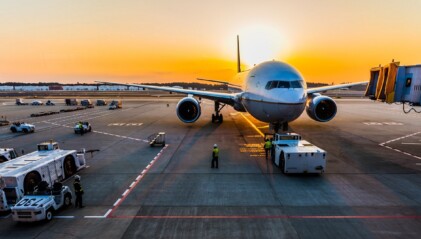On 18 July 2025, the Council of the European Union formally adopted new rules governing VAT on distance sales of imported goods. The aim of the reform is to reverse the current practice in which the end consumer often pays VAT and, where applicable, customs duties upon import. Going forward, the responsibility will lie with the supplier (seller or platform), even if they are located outside the EU.
What exactly is changing?
- Third-country sellers or online marketplaces will become responsible for collecting and remitting VAT on imported goods, not the consumer.
- The existing Import One-Stop Shop (IOSS) system will be strengthened: for many sellers, using IOSS will likely become the standard way to ensure VAT compliance efficiently, rather than registering for VAT in every single EU Member State.
- The new rules are scheduled to apply from 1 July 2028.
Implications and impact
For sellers and platforms, this means:
- Increased VAT reporting responsibilities — or, alternatively, a strong incentive to rely on IOSS to reduce administrative complexity.
- Potential adjustments in pricing strategies to ensure VAT is correctly integrated and transparently shown to consumers.
- A more level playing field: the reform aims to curb tax avoidance and eliminate competitive distortions caused by non-EU sellers leveraging administrative loopholes.
For consumers, the changes should result in more predictable and transparent pricing, as surprise VAT or customs charges upon delivery become less likely.
Practical recommendations for businesses
- Assess whether IOSS registration is beneficial — one registration can cover sales to all EU Member States.
- Review the role of online marketplaces: depending on the platform’s setup, the marketplace itself may become the “deemed supplier” with VAT obligations.
- Update pricing, checkout processes and delivery information to ensure clear VAT disclosure.







